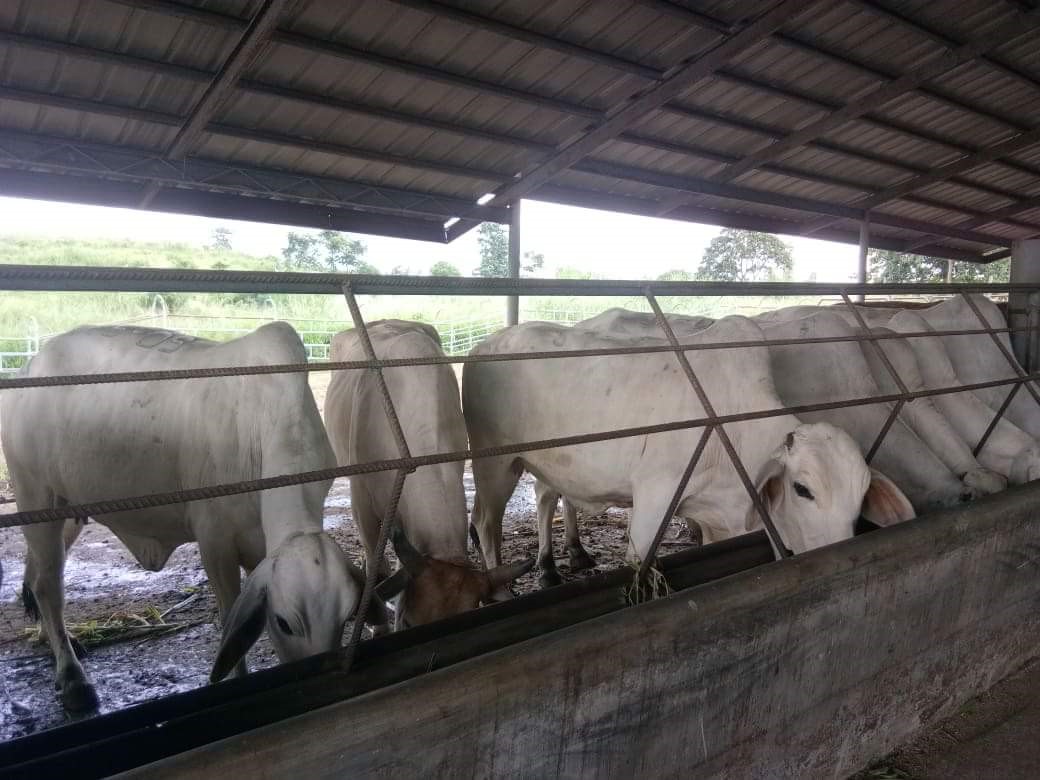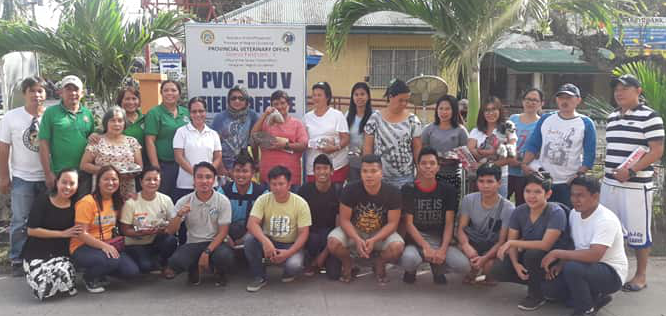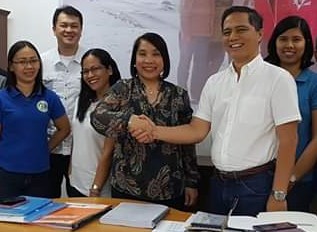BACOLOD CITY — The City of Sagay in Negros Occidental is set to launch a Dog Registration Program for easy monitoring of pets in line with the observance of Rabies Awareness Month this March.
Dr. Baltazar Delorino, city veterinarian, said in a statement on Tuesday they aim to register an initial 10,000 dogs in the northern Negros city.
To implement the program, the City Veterinary Office (CVO) will take the dog’s photo, issue a dog tag, and give a record booklet to the owner to keep track of the activities of the pet.

Delorino acknowledged that “irresponsible” pet ownership remains as the CVO’s biggest problem and appealed for an active community participation to address such concern.
He called on the Sagaynons to be responsible owners by securing and feeding their pets well so they would not harm other people.
“Avail of our veterinary services such as consultation, vaccination and castration. Do not wait for the CVO to come to you, have the initiative to keep your pets safe and healthy,” he added.
Meanwhile, the Sagay CVO dismissed the allegation that they are using a “gas chamber” in eliminating impounded stray dogs.
Delorino said his office is open for investigation to check on the veracity of the alleged practice as claimed by a post on a social media site.
He pointed out that “carbon monoxide” poisoning is prohibited under the amended Republic Act 8485 or the Animal Welfare Law.
Instead, euthanasia or putting the dogs to sleep by using anesthesia is applied because it is a more humane and lawful way of eliminating impounded stray dogs, Delorino added.
The Provincial Veterinary Office (PVO) in Negros Occidental has stepped up its efforts to reduce, if not eliminate rabies, with the implementation of the Rabies Control Action Plan for 2019.
The PVO has also begun organizing dog owners to assist its initiatives to bring down rabies cases in the province.
In 2018, canine rabies cases in Negros Occidental increased by 50 percent, totaling 33 from only 22 in 2017. There were seven human deaths in the past year. (PNA)





